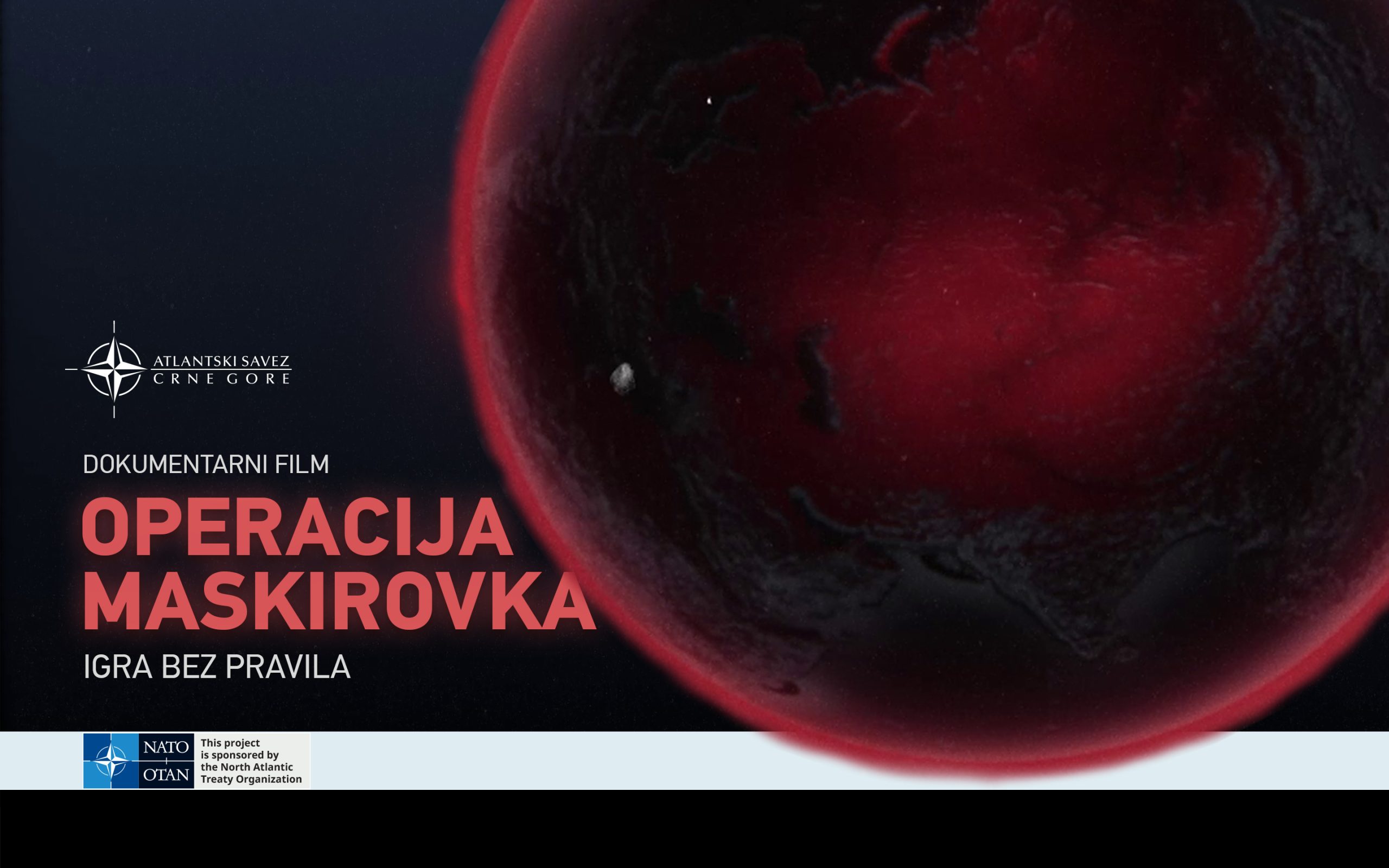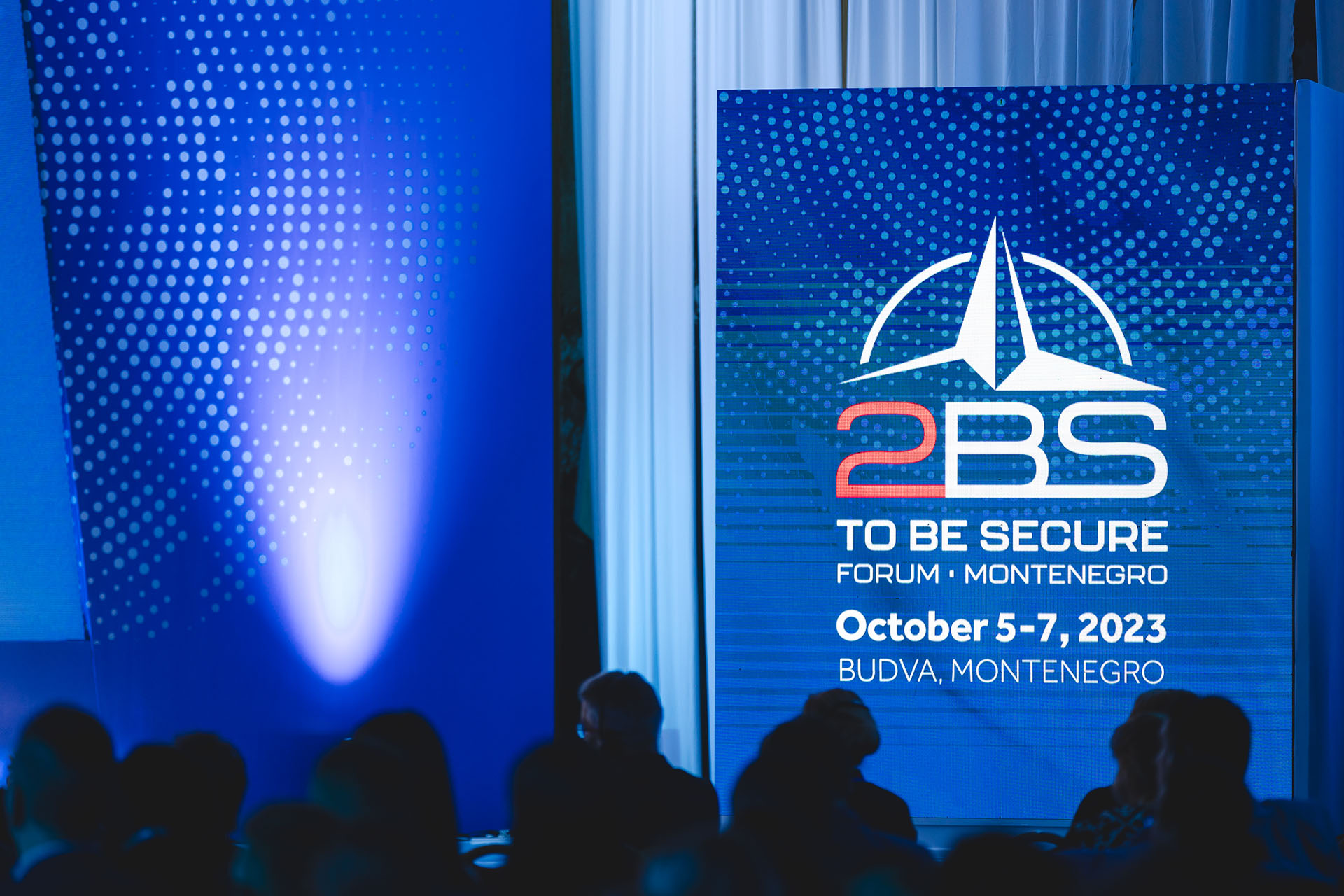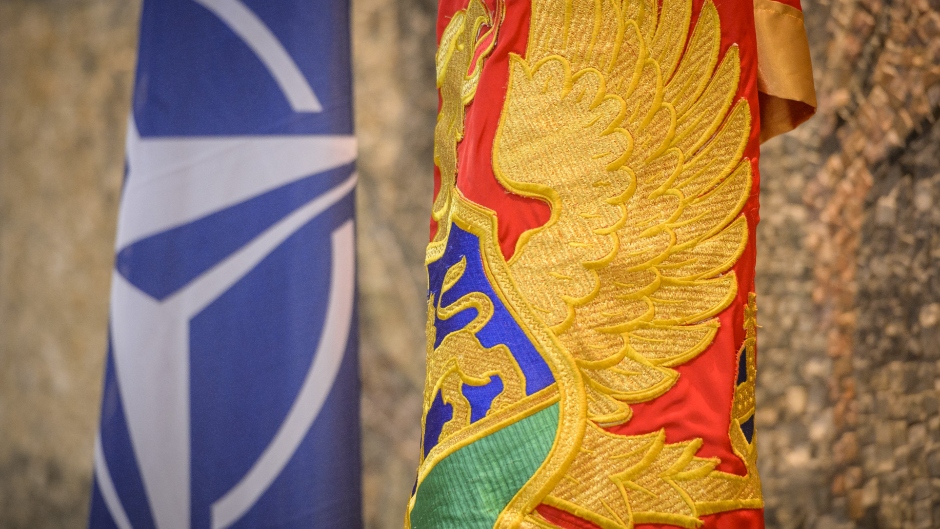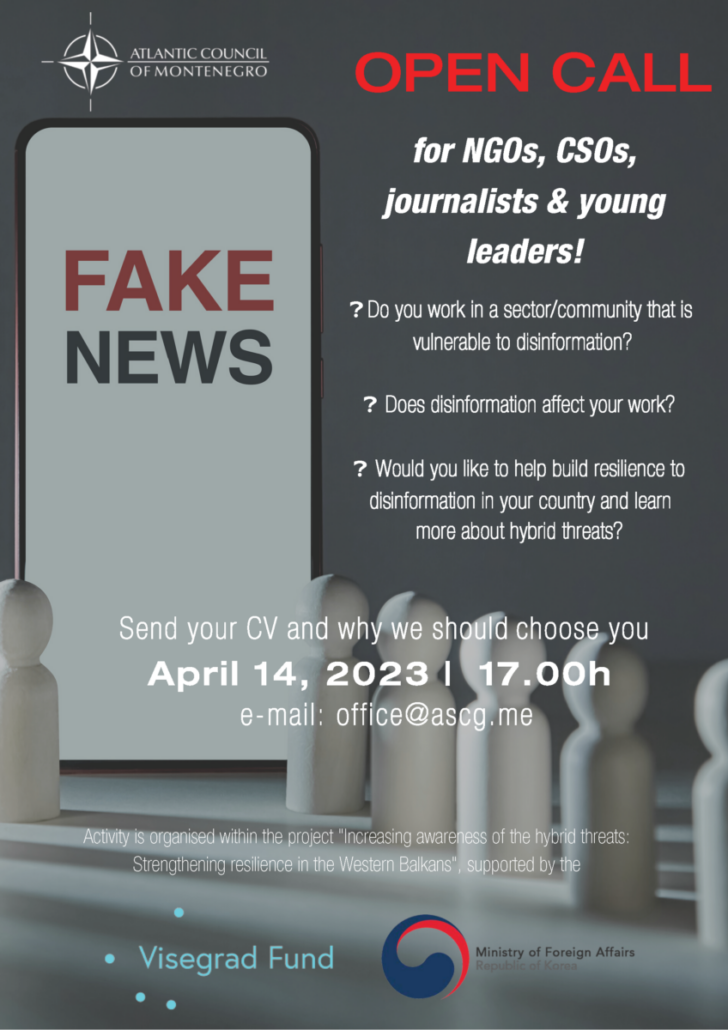The first keynote speaker on the 10th 2bs forum was David Cattler, Assistant Secretary General for Intelligence and Security. In his speech Cattler reflected on the role of NATO in the Western Balkan region, and relations between NATO and countries in this region.
Cattler said that since the 1990’s Western Balkans has made significant progress towards the euro-Atlantic integration, but much more remains to be accomplished. He emphasized that the Western Balkans remains an enduring priority for NATO and we take this commitment seriously. Often all stability in the Western Balkans is inextricably linked to stability in the euro-Atlantic area.
NATO has been heavily involved in the Western Balkans region since the 1990’s. Likewise regional states have been involved with NATO for years through the NATO partnership, political dialog, training and contribution through the NATO operations and missions.
For him no future vision of NATO can discount the critical importance of the Western Balkans. NATO is committed to the security and stability ono the western Balkans and as an example of that Cattler talked about the NATO operation in Kosovo.
Presence of the K4 is an element of stability in the region. If our neighbors are safe, NATO is safer. K4 presence is condition based and not calendar driven, and we will remain as long as this is necessary. Kosovo’s vast improvement is testament to the successes of this operation
In his speech Assistant Secretary General also talked about relations between NATO and Western Balkans countries during COVID 19 pandemic.
COVID-19 has delt a particularly rough blow to the Western Balkans region, compounding public health challenges and economic difficulties, and exacerbating he pervasive threat of disinformation. NATO continues support allies and partners in the region through the euro-Atlantic Disaster response coordination center.
Cattler said that external state actors are willing to exploit the pandemic and use this situation to fuel disinformation and suspicion.
Western Balkan region was target of choice for Russia and China disinformation and propaganda, and also a target of local actors. In the first half of the 2020 a great deal of propaganda was aimed in discrediting NATO, by portraying it as as fragile, nonresponsive, dysfunctional organization, unable to face ongoing crisis according to its principals.
To counter this NATO responded in 3 ways Cattler said.
First by protecting our nations so that they can remain ready to deal with the security threat. This means by making sure this health crisis doesn’t become security crisis. Second, by providing practical assistance to need civilian efforts. Third, with our practical assistance to contribute to enhancing social resilience
Cattler emphasized the efforts of the alliance which helped countering disinformation.
Hybrid problems like disinformation requires hybrid solutions. In 2019 team was deployed in Montenegro where they consulted civilian and military leadership on how to resist hybrid pressures and protect themselves in the future.
In conclusion he said that the situation in the Western Balkans has improved significantly, but it still remains fragile. Cooperation is necessary to make Western Balkans region a strong contributor to the security and stability of the euro Atlantic area, Cattler added.








